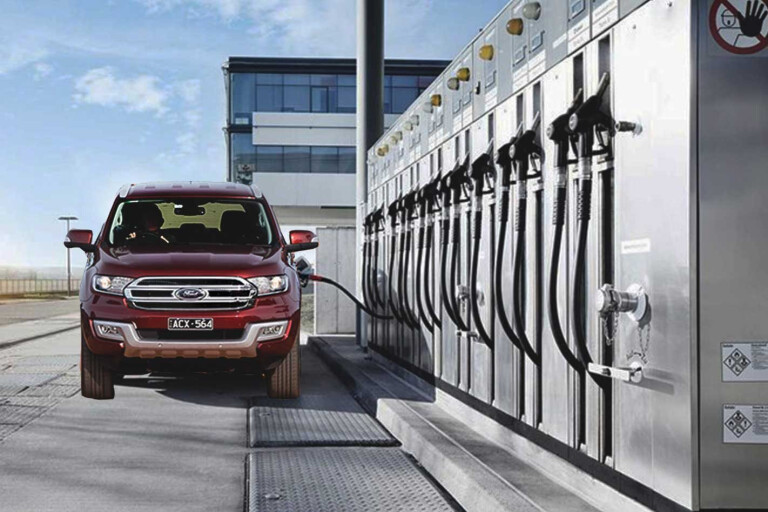
Amidst what seems like the panic to switch from the internal combustion engine to the electric motor for our transport needs, German company Bosch says there is another way. It’s called synthetic fuel.
Put simply it has manufactured a fuel than can replace current fossil fuels (petrol, diesel, etc.) and has the potential, according to Bosch, to make the internal combustion engine carbon neutral. What’s more, it means current engine technology can be used and, more importantly, the existing refuelling station network can be used with absolutely no changes.
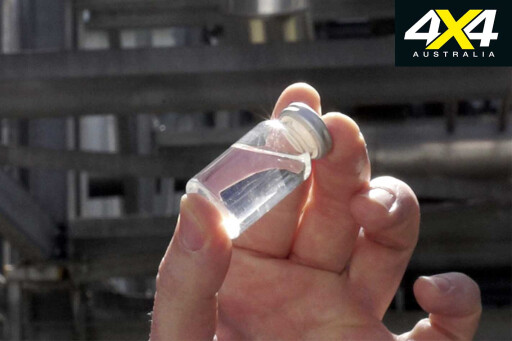 The problem with electric cars is that they will need a whole new support infrastructure to be viable: charging stations (as per current fuel stations), kerb-side chargers (arranged like parking meters) and/or domestic home-based charging systems.
The problem with electric cars is that they will need a whole new support infrastructure to be viable: charging stations (as per current fuel stations), kerb-side chargers (arranged like parking meters) and/or domestic home-based charging systems.
Just in case you don’t know, Bosch is a huge automotive component supplier producing chassis control systems, fuel-delivery systems, vehicle electronics, and even humble automotive components like windscreen-wiper blades. Bosch also makes other things such as domestic appliances and power tools, and globally employs more people than Toyota.
Synthetic fuels use carbon dioxide as the raw material in their manufacturing process, which also relies on electricity, ideally produced via renewable sources.
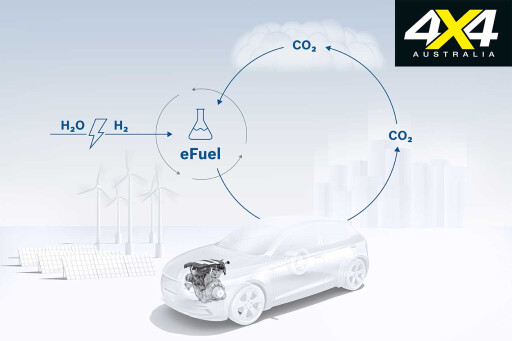 In the first stage of synthetic fuel production, hydrogen is produced from water, and carbon is then added to produce a liquid fuel. The carbon can be recycled from industrial processes or even captured from the air using filters.
In the first stage of synthetic fuel production, hydrogen is produced from water, and carbon is then added to produce a liquid fuel. The carbon can be recycled from industrial processes or even captured from the air using filters.
Technically speaking it’s already possible to produce synthetic fuel, and pilot projects to produce synthetic are underway in Germany and Norway.
Currently, producing synthetic fuel is an expensive and complex process, but favourable electricity prices and increased production will help to reduce the costs in the future.
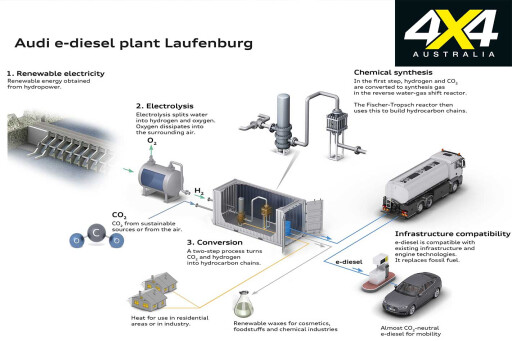 Bosch is not suggesting that synthetic fuels will mean the world won’t have to turn to electric cars to reduce air pollution, but that synthetic fuel could be a supplement to electric cars and a means of keeping existing cars on the road.
Bosch is not suggesting that synthetic fuels will mean the world won’t have to turn to electric cars to reduce air pollution, but that synthetic fuel could be a supplement to electric cars and a means of keeping existing cars on the road.
Given that synthetic fuel has all the properties of petrol or diesel (or LPG, for that matter), current-technology cars will run on it without the need for modifications. Synthetic fuels can be made to burn practically soot-free so engines will rely less on the exhaust-gas cleaning treatments widely used today.
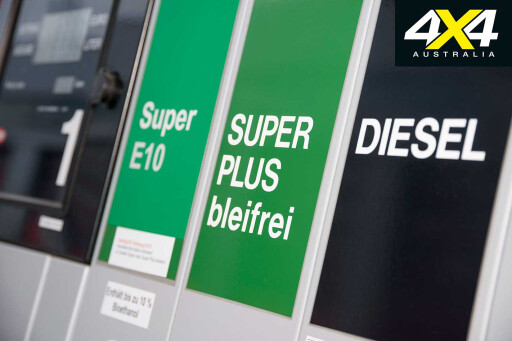 Bosch says that the cost of ownership (up to a lifetime mileage of 160,000km) of a hybrid running on synthetic fuel could also be less than that of a full electric vehicle.
Bosch says that the cost of ownership (up to a lifetime mileage of 160,000km) of a hybrid running on synthetic fuel could also be less than that of a full electric vehicle.

COMMENTS